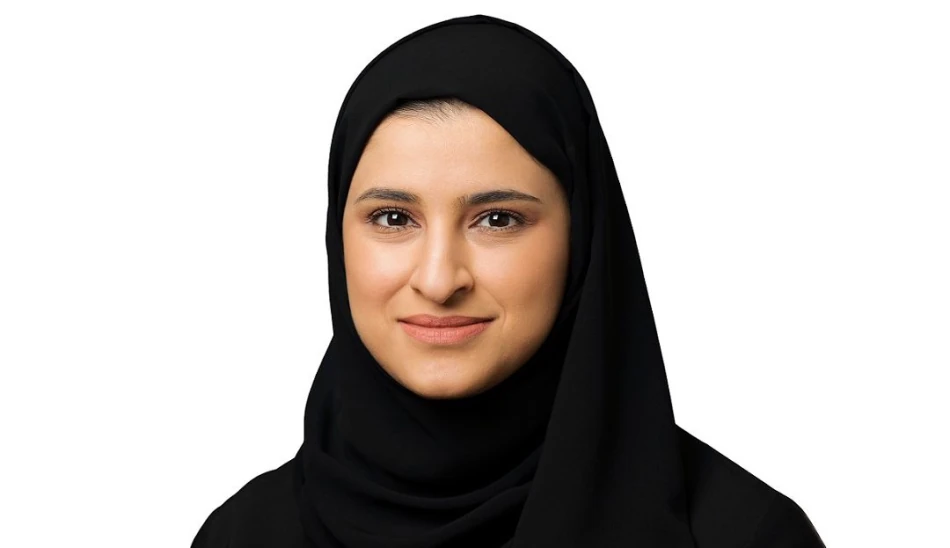
Innovative Project-Based Assessment for All Students Starts Next Academic Year
UAE Abandons Traditional Testing: Project-Based Assessment Revolution Reaches All Students
The United Arab Emirates is eliminating centralized examinations across all educational levels, replacing them with comprehensive project-based assessment starting in the second semester of the 2025-2026 academic year. This sweeping reform, affecting over one million students from grades 1-12, represents one of the most ambitious educational overhauls in the Gulf region and signals a fundamental shift away from traditional testing methods that have dominated Middle Eastern education systems for decades.
Massive Scale Implementation
The Ministry of Education confirmed that all educational stages—primary, intermediate, and secondary—will transition to the new system when schools reopen on Monday, August 25th. The initial pilot program already reached 127,500 students across 350 public and private schools, with 25,000 new students joining government schools this academic year alone.
Education Minister Sarah bint Mohammed Al Amiri emphasized that this transformation prioritizes "cognitive and practical skills" over traditional memorization-based testing, aligning with what she described as "international quality standards" for modern education systems.
Strategic Positioning in Global Education Trends
The UAE's move mirrors similar educational reforms in Singapore and Finland, countries that have successfully reduced standardized testing in favor of competency-based learning. However, the Emirates' implementation stands out for its speed and comprehensive scope—transitioning an entire national education system within a single academic year.
Economic Implications for the Knowledge Economy
This reform directly supports the UAE's Vision 2071 strategy to become a global knowledge hub. By emphasizing critical thinking, collaborative work, and problem-solving capabilities, the new system aims to produce graduates better suited for the country's diversifying economy, particularly in technology, renewable energy, and financial services sectors.
The timing coincides with major multinational corporations establishing regional headquarters in Dubai and Abu Dhabi, creating demand for employees with project management and analytical skills rather than traditional academic credentials.
Practical Assessment Revolution
The project-based system requires students to demonstrate learning through real-world applications, connecting theoretical knowledge with practical implementation. This approach addresses long-standing criticism of Gulf educational systems that traditionally emphasized rote learning over creative problem-solving.
Quality Control and Monitoring
The Ministry plans periodic result monitoring to ensure outcomes align with national educational objectives and future workforce requirements. This data-driven approach suggests the UAE is treating this reform as a measurable experiment rather than an ideological shift.
Regional Educational Leadership
While neighboring Saudi Arabia and Qatar have introduced educational reforms, none match the UAE's complete abandonment of centralized testing. This positions the Emirates as a regional pioneer in progressive education policy, potentially influencing broader Gulf Cooperation Council educational strategies.
The reform also strengthens the UAE's appeal to international families and expatriate professionals, who increasingly view the country's education system as competitive with Western alternatives. This educational differentiation supports the nation's broader strategy to attract global talent and establish itself as a preferred destination for multinational families.
Implementation Challenges and Success Metrics
The success of this ambitious transition will likely be measured through international assessment comparisons, university admission rates, and graduate employment outcomes. The Ministry's emphasis on "sustainable educational outputs" suggests officials recognize that project-based learning requires more sophisticated evaluation methods than traditional testing systems.
As the UAE prepares to welcome over one million students under this new paradigm, the reform represents a calculated bet that skills-based education will better serve both individual student development and national economic objectives in an increasingly competitive global knowledge economy.
Most Viewed News

 Sara Khaled
Sara Khaled






